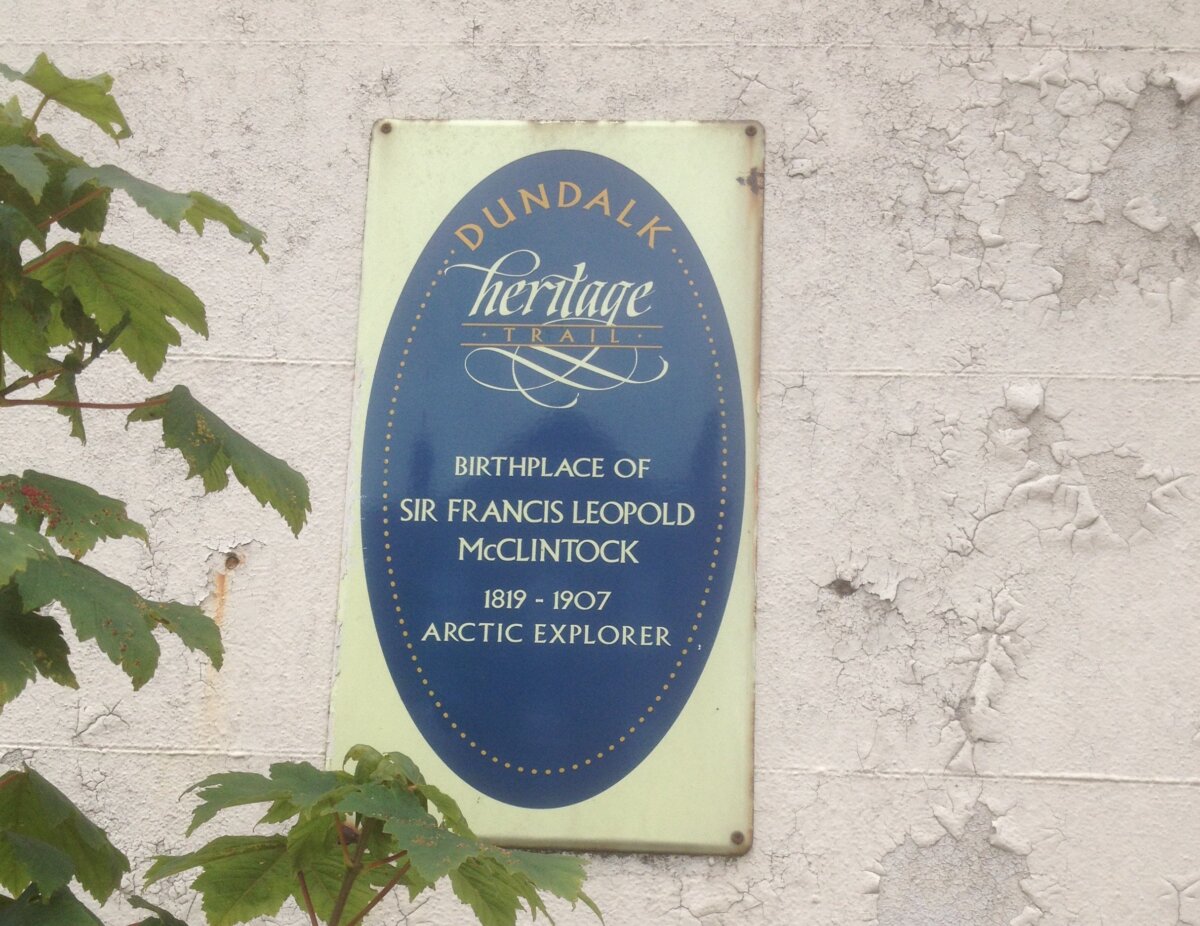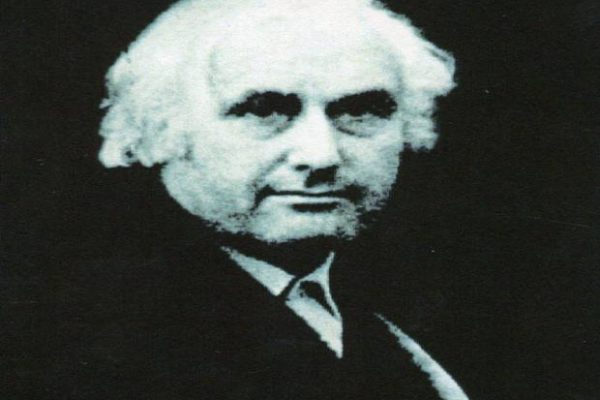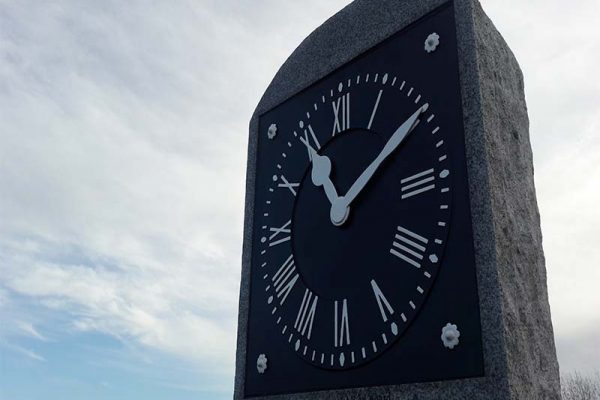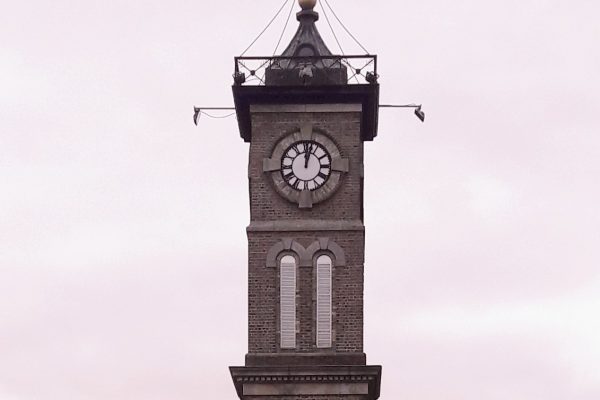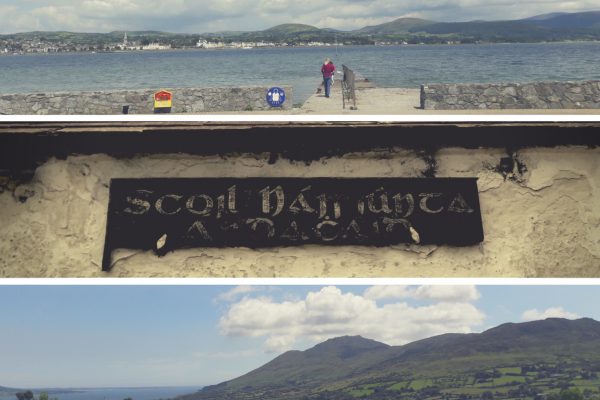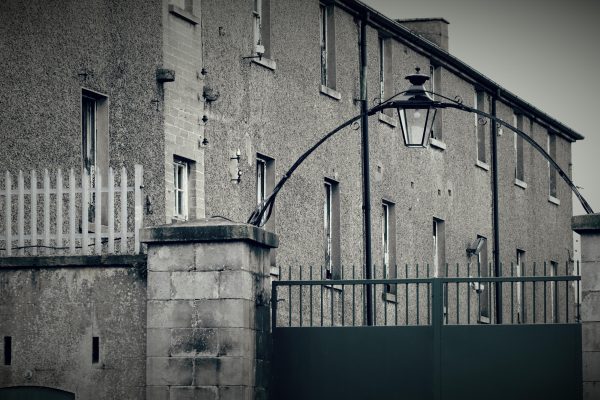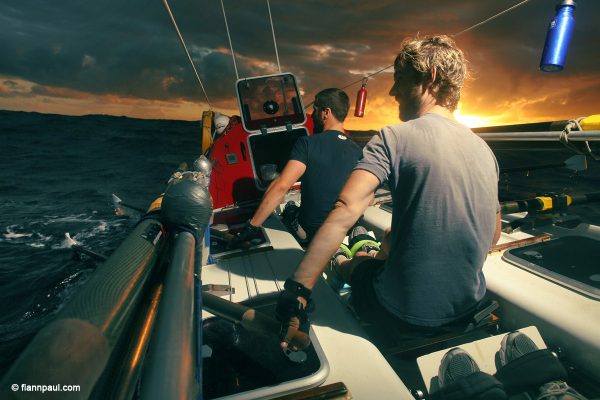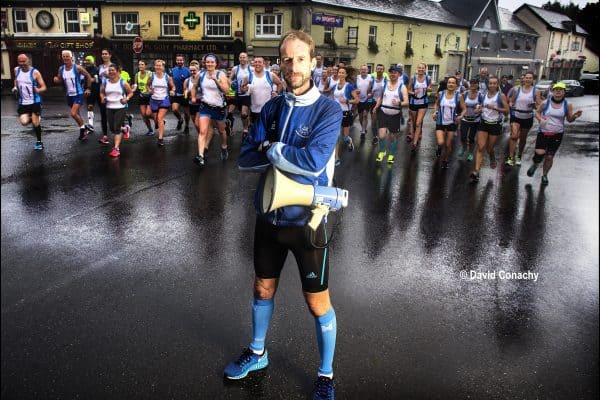‘McClintock: The Forgotten Explorer’, a one-hour radio documentary funded by the Broadcasting Authority of Ireland under the Sound & Vision scheme, was broadcast at 11am on Monday August 2nd 2021 on LMFM.
2019 marked the 200th anniversary of the birth of Sir Francis Leopold McClintock, a Dundalk native and someone whose name should be as well-known as Ernest Shackleton and Tom Crean as one of the greatest Arctic Explorers of our time, but who has unfortunately largely been forgotten in his home town.
Francis Leopold McClintock was born in 1819 at Seatown Terrace, Dundalk, Co. Louth. The eldest son of fourteen children, he was always an avid explorer and is rumoured to have spent as much time as possible out in the wilds of the Cooley Mountains, roaming the land as a child, always looking for his next big adventure.
With little formal education, he entered the Royal Navy as a gentleman volunteer in 1831, just before his 12th birthday. While in the Navy, he rose through the ranks and was commissioned as a lieutenant in 1845.
This was a time of immense Arctic Exploration by the British Navy, in the search of the elusive North West passage that would allow for safe and easy movement of both merchant and navy ships to the Pacific Ocean through the Arctic Ocean.
The ill-fated Franklin expedition in 1845, where two ships and 129 men were lost, was a huge blow to British Arctic Exploration and in 1857, McClintock re-tread the route of the expedition and in the steps of another Scottish Explorer, John Rae, to confirm their fate that their ships became lodged in ice, causing the men to abandon them and begin to trek across the icy conditions, without correct equipment, food or water, until all finally perished. McClintock’s expedition not only allowed for closure of the Franklin narrative but also to finally map out the so-long sought after North West passage.
Not only was McClintock a master explorer, he also pioneered new methods of polar travelling, preparation and packing styles, using sleds for ease on the body over hundreds of miles. Between 1852 and 1854, it is said that McClintock travelled 1,400 miles by sled and discovered 800 miles of previously unknown coastline along the Arctic Circle.
He also amassed a vast collection of zoological and fossil specimens, many of which were new to science. Today the largest collection of these specimens is held in the Natural History Museum in Dublin.
Retiring from the army in 1884, he died in 1907 and is buried in the UK, while in his birthplace in Dundalk in Co. Louth, all that remained for many years to mark his memory was a small plaque on the wall of the house where he was born in Seatown Place, which has now been removed, and an exhibition in the local museum.
Over 200 years after his birth, this one-hour radio documentary places the name of Sir Francis Leopold McClintock in the same realm as Shackleton and Crean for those in his home town of Dundalk, Co. Louth and its wider environs.
Produced by Chris Nikkel.

